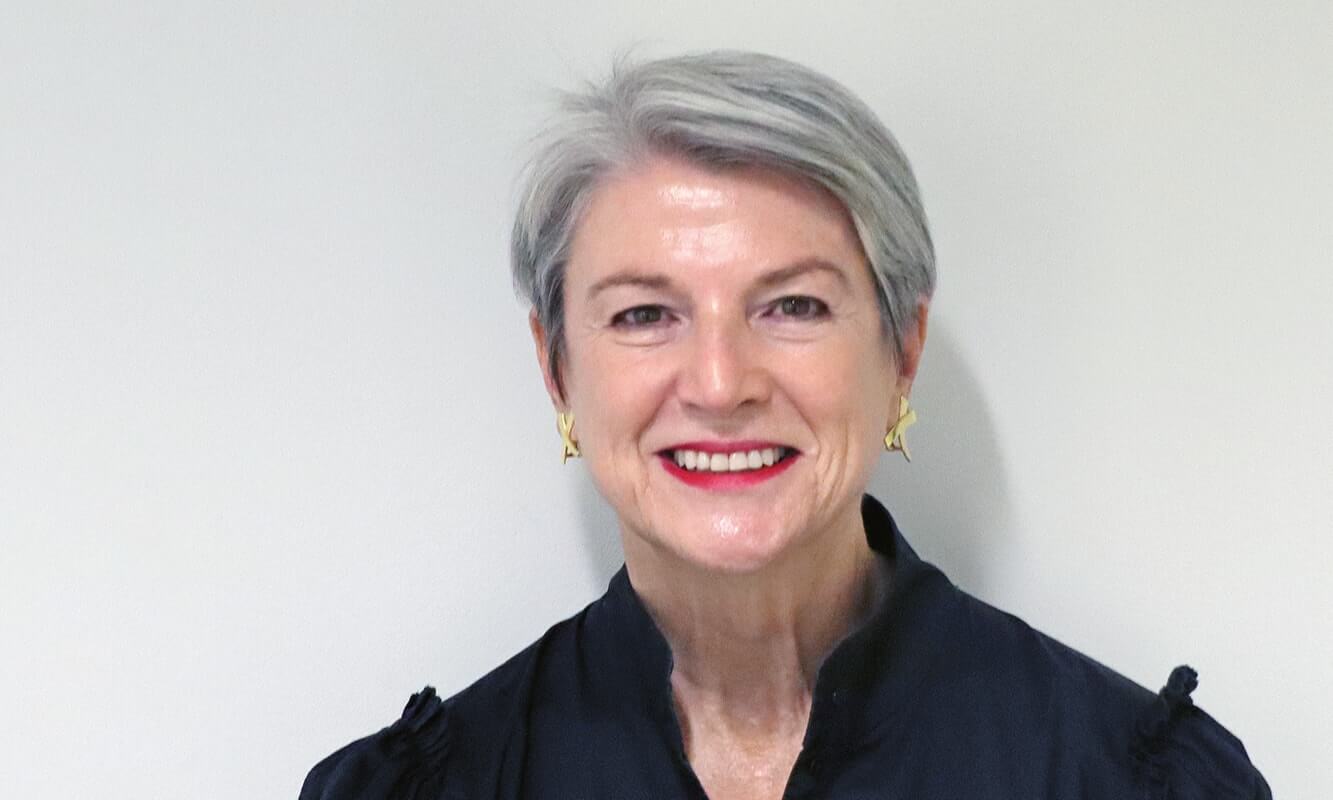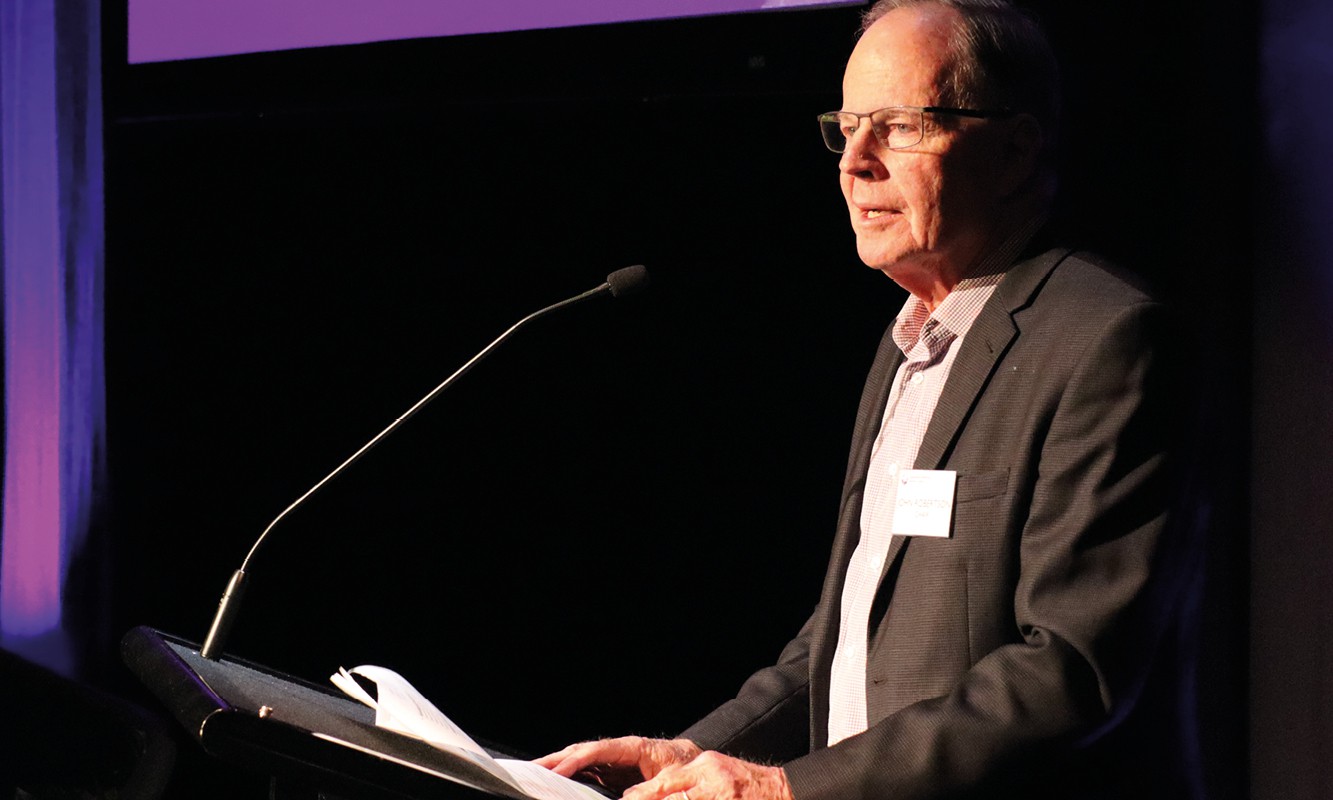New research has found that almost one in three of the rapes committed by 2222 offenders sentenced over the past 15 years were acts of domestic and family violence (DFV).
The independent report released by the Queensland Sentencing Advisory Council (QSAC) yesterday showed almost 99% of adult offenders of rape received jail sentences – with the average prison term imposed being more than 6½ years.
QSAC Chair John Robertson, a former Childrens Court President who served as a District Court judge for almost 25 years, said the sentencing review highlighted the offence of sexual rape – an offence which carries a maximum penalty of life imprisonment in Queensland.
The council’s ‘Sentencing Spotlight on Rape’report found that, between 2005-06 and 2020-21, some 2222 “unique individuals” were sentenced for 2281 cases of rape by mostly men (99%) between the ages of 10 and 77.
It also found the cases of rape convictions – with the most common offender age group being 14-17 years – have been trending significantly since 2013-14 and that a staggering 30.4% of all cases are the result of DFV.
Mr Robertson said that, although there had been an increase in the number of sentenced cases of rape, it was likely the number of offences committed was much higher.
“Rape, like other forms of sexual offending, is often an underreported crime, so it’s important to remember that this data reflects the number of cases being sentenced, not the rate of offending,” Mr Robertson said.
“This increase in sentenced cases might reflect a higher reporting rate, which in turn could lead to more convictions.”
Rape is a serious sexual offence defined in s349 of the Criminal Code Act 1899 and involves any form of sexual penetration which occurs in the absence of consent freely and voluntarily given.
Prior to 2000, the legal definition of rape was restricted to the carnal knowledge (sexual intercourse) of another person without that person’s consent.
However, amendments made in 2000 significantly broadened the scope of the penetrative acts able to be prosecuted as rape.
The report found 98.7% of adult offenders were handed actual periods of imprisonment.
“Close to one in five prison sentences were for a period of nine years or more, including life sentences,” Mr Robertson said.
“The level of psychological trauma that this offence causes survivors is immeasurable, which is why it carries a maximum penalty of life imprisonment.”
Under current Queensland law, anyone sentenced to 10 or more years for this offence is required to spend at least 80% of their term in custody.
The report shows that 239 children were convicted of rape during the 16-year data period – with the average age of an offending child being 14½.
A different sentencing regime applies to children aged 10-17-years under Queensland’s Youth Justice Act 1992, with terms of detention being a sentence of last resort.
The report found that, of the 118 children handed custodial terms for rape by the courts, slightly less than a third (30.4 %) them were returned to the community immediately via conditional release orders.
Mr Robertson said that courts considered many factors when handing down a sentence.
“These include the vulnerability of the victim, nature of the offence, the relationship between the offender and victim and whether the offence was committed in the company of others, he said.
Almost all (just under 99%) of offenders sentenced for rape were male, with an average age of 31.
‘Sentencing Spotlight on Rape’ is the latest report in the Council’s Sentencing Spotlight series, which presents Queensland-specific data on sentencing outcomes for a variety of difference offences.










Share this article